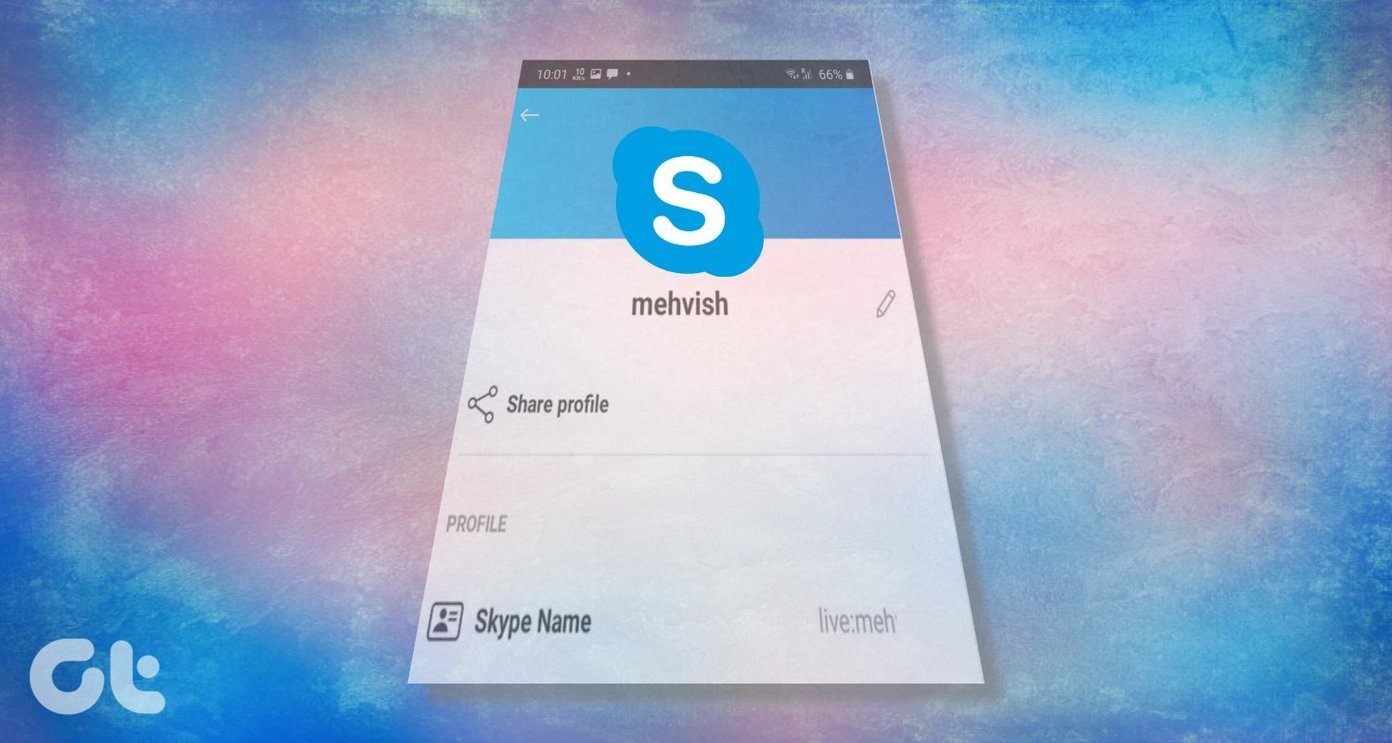With Safari 13, the extensions run as ‘apps,’ and are supposedly more ‘secure.’ In the case of content blocking, extensions now instruct Safari on what to block. It should be the other way around. That means extensions can no longer keep tabs on your browsing activity. While Apple deserves recognition for its efforts to improve user privacy, I can no longer run various extensions that are often essential for productivity. They just aren’t supported anymore. That’s why I had to look elsewhere despite wanting to stick to Safari. If you are on the same boat, or if you just want a different take on web browsing on the Mac, then here are six excellent Safari alternatives that you can try out right away.
1. Google Chrome
Chrome holds the lion’s share of the browser market, and for a good reason. It’s fast, snappy, and polished to near perfection. Also, almost every website out there is primarily designed with Google’s browser in mind, so you should rarely find one that fails to work. It also supports thousands of extensions, which means you can tailor a variety of activities in it. And you should most likely find the same extensions that no longer support Safari quite easily on the Chrome Web Store. That said, what I like best is the way how Chrome goes about syncing my data. I’ve had no issues — except in rare instances — in getting my browsing activity synced across devices. It also syncs pretty much everything – be it bookmarks, passwords, open tabs, extensions, themes, etc., which is insanely useful. Chrome also beats Safari in terms of availability. You can install and get your browsing data synced over to any platform, be it Windows, iOS, Android, Chrome OS, or Linux. On the other hand, Safari is restricted to just iOS and macOS. However, Chrome often gets a mention in the news due to freshly discovered vulnerabilities. If you decide to switch to Google’s browser, just remember to update it regularly — you don’t want to be stuck with a compromised version for too long. Download Chrome
2. Mozilla Firefox
Firefox is an excellent web browser for the Mac with rock-solid performance, regular updates, and a large extensions library to boot. It also lets you sync your data to other devices on multiple platforms, similar to how Chrome does. I just find Chrome to be better at that, albeit slightly. But where Firefox really excels at is privacy. The browser blocks cross-site cookies, social media trackers, crypto miners, and fingerprinters, by default. You can also opt for tighter anti-tracking measures or choose which trackers and scripts to block manually — the result, fewer targeted advertisements, and less strain on system resources. That said, Firefox isn’t based on the Chromium open-source engine, unlike the other browsers on this list. Rather, it uses the Gecko rendering engine. Firefox’s rather tiny and dwindling market share, in contrast to Chromium, may mean fewer sites optimized for it as time goes by. Download Firefox
3. Brave
If you prefer a privacy-centric browser based on the same engine as that of Chrome, then Brave should do the job just fine. It’s integrated Brave Shields can block everything from cross-site trackers to browser fingerprinters. Brave’s new tabs even show you the number of trackers that it has blocked along with the amount of time saved as a result, which adds for a nice touch. The browser also lets you earn cryptocurrency-based BAT tokens in exchange for viewing advertisements, which you can then choose to distribute back to publishers and content creators. It’s a neat concept that’s worth checking out. Brave is available on multiple platforms. Despite that, the browser only sports limited cross-platform sync capabilities. You can only sync your bookmarks, but that doesn’t cut it if you switch between devices a lot. Download Brave
4. Opera
Opera feels like Chrome on steroids. It comes with a dizzying array of features, most notable being the Sidebar. With it, you can perform lots of actions like instant messaging via Messenger/WhatsApp/Telegram, sending links and notes to other devices using My Flow, performing searches quickly with Instant Search, etc. Under the hood, you will find various useful functionalities such as a built-in battery saver mode, a native crypto wallet, customizable mouse/rocker gestures, etc. But perhaps the best of the lot is the integrated VPN module, which you can easily activate and start using not just to preserve your privacy from online trackers, but also to gain access to geo-restricted content. And it’s completely free to use. However, I wouldn’t recommend relying on that much. Opera can feel too cluttered. For example, I don’t like the way how it bombards me with news articles whenever I open a new tab. If you feel the same, you can always choose to make Opera less distracting. Download Opera
5. Microsoft Edge
Microsoft Edge ditched the proprietary EdgeHTML browsing engine in favor of Chromium. That means you can now install the browser not just on Windows, but on macOS as well. And it works incredibly well. You can sync your browsing data across multiple platforms, use websites as PWAs (Progressive Web Apps), install loads of extensions, and more. The browser even features a built-in Tracking Prevention module to help you protect your privacy. However, Microsoft Edge Chromium is still in its early stages. Compared to Chrome, the user interface feels slightly rough around the edges (no pun intended). You will also find certain functionalities — such as the ability to sync extensions and open tabs — missing, at least for now. If you don’t mind the odd hiccup once in a while, then it’s a great alternative to Safari, especially if you shuttle a lot between a PC and a Mac. Download Microsoft Edge
6. Vivaldi
Vivaldi is a fantastic browser with an eye-popping user interface that mirrors the color accent of any website that you visit. It just allows for a truly immersive browsing experience. The nifty side-panel to the left of the browser screen allows you to gain instant access to your bookmarks, downloads, and browsing history. But perhaps the most useful is a feature called the Web Panel, which you can use to launch any site of your choosing in a dedicated side panel while browsing another site. Under the hood, Vivaldi features a plethora of minute configuration options, which you can use to change the browser appearance, set up keyboard and mouse shortcuts, manage privacy settings, and more. It will take a lot of time to go through what Vivaldi has on offer. Download Vivaldi
Make Your Pick
Ditching Safari in favor of either Chrome or Firefox is a no-brainer. Both browsers are well optimized, support lots of extensions, and sync your data to multiple platforms. I’ve already switched to Chrome full time. I was already using it on my non-Apple devices, and that made the decision much easier. The other browsers in this list — Brave, Microsoft Edge, Opera, and Vivaldi — bring their unique flavors to the table. They are also based on the same engine that Chrome uses, so you shouldn’t have issues in terms of compatibility or extension support. It’s solely up to you to decide what works best for you. Next up: Thinking about switching browsers on the iPhone as well? Here are nine superb alternatives to try out right away. The above article may contain affiliate links which help support Guiding Tech. However, it does not affect our editorial integrity. The content remains unbiased and authentic.















![]()






